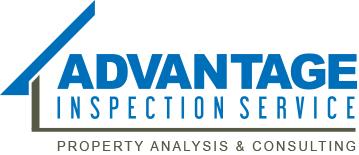As the most experienced team of Home Inspectors in Phoenix we see the effects of building design and design element component integration. On such element is the overhead lighting fixture known as a recessed or can light. In this new era of energy conservation, it is important to address concerns with recessed can lights.

As the most experienced team of Home Inspectors in Phoenix we see the effects of building design and design element component integration. On such element is the overhead lighting fixture known as a recessed or can light. In this new era of energy conservation, it is important to address concerns with recessed can lights.
We now know that can lights can present some issues when installed in ceilings with an attic cavity above. Areas of interest are related to insulation placement and air leakage. First, let’s discuss insulation placement. Many different models of can lights have been manufactured over the years. Newer units called IC units allow insulation to be in contact with the fixture. Older fixtures may not allow insulation to be in contact with them and may rely on a thermal cutoff which shuts the unit down for about 10 minutes to cool down if it senses overheating. Overheating can occur in a non IC unit if insulation is placed around the fixture. Of course it is wise to never exceed the bulb wattage listed on the fixture and better yet, use compact fluorescent bulbs.
The next issue relates to air leakage. When we do a home inspection more and more buyers are concerned about energy efficiency. Penn State University conducts energy related research and found that can lights are responsible for the most extreme levels of leakage in a house out of all the possible leaks sites. The more can lights a home has, the more air leakage will occur. To combat the air loss problem, a homeowner has two choices: replace the fixture with an IC “Air Tight” recessed can light or have an insulated and sealed enclosure built over the top of the unit in the attic.
Remember, any penetration that allows conditioned air to leak into the attic results in higher energy costs, less comfort and possibly higher dust and contaminant levels in the home. If you need more information, give us a call at (602) 864-8331.
Advantage Inspection Services has a team of certified Phoenix home inspectors that can assess your home purchase to find out if there are any defects with the home.
